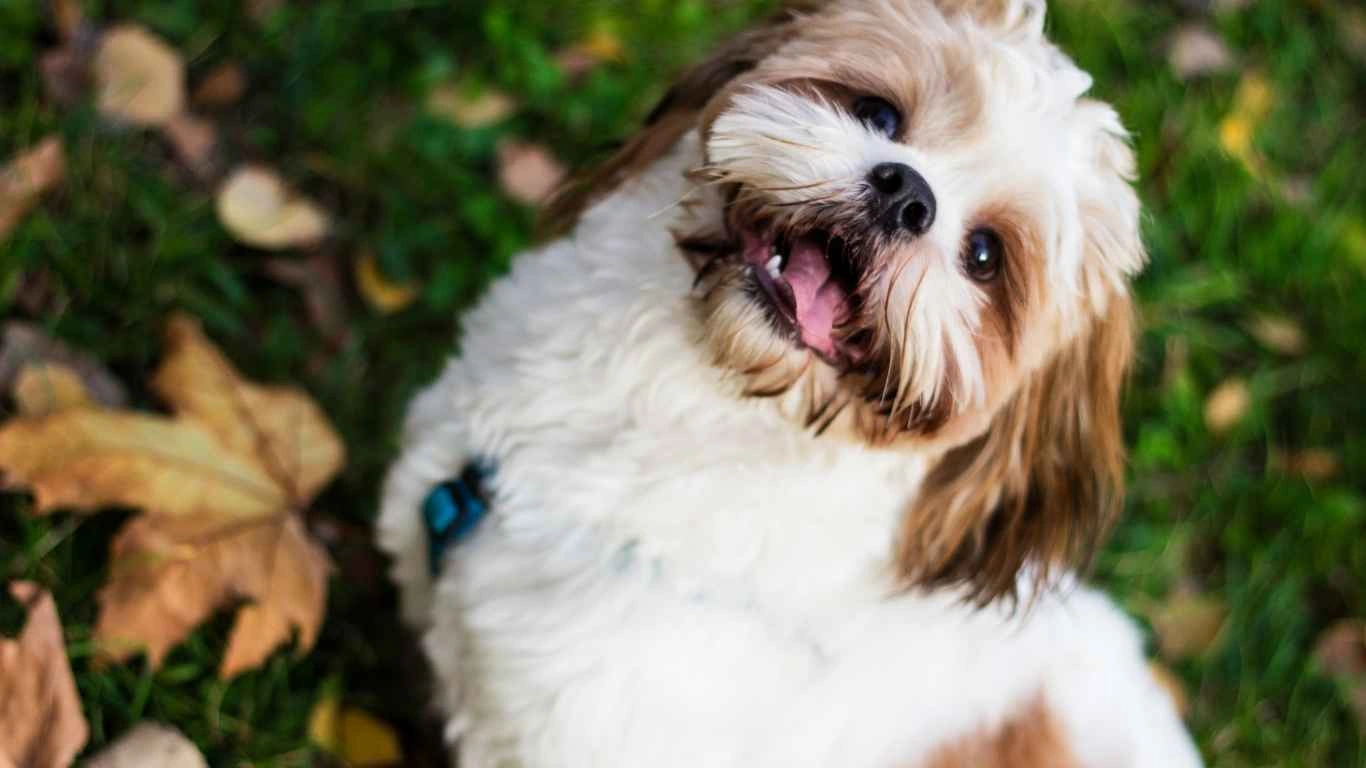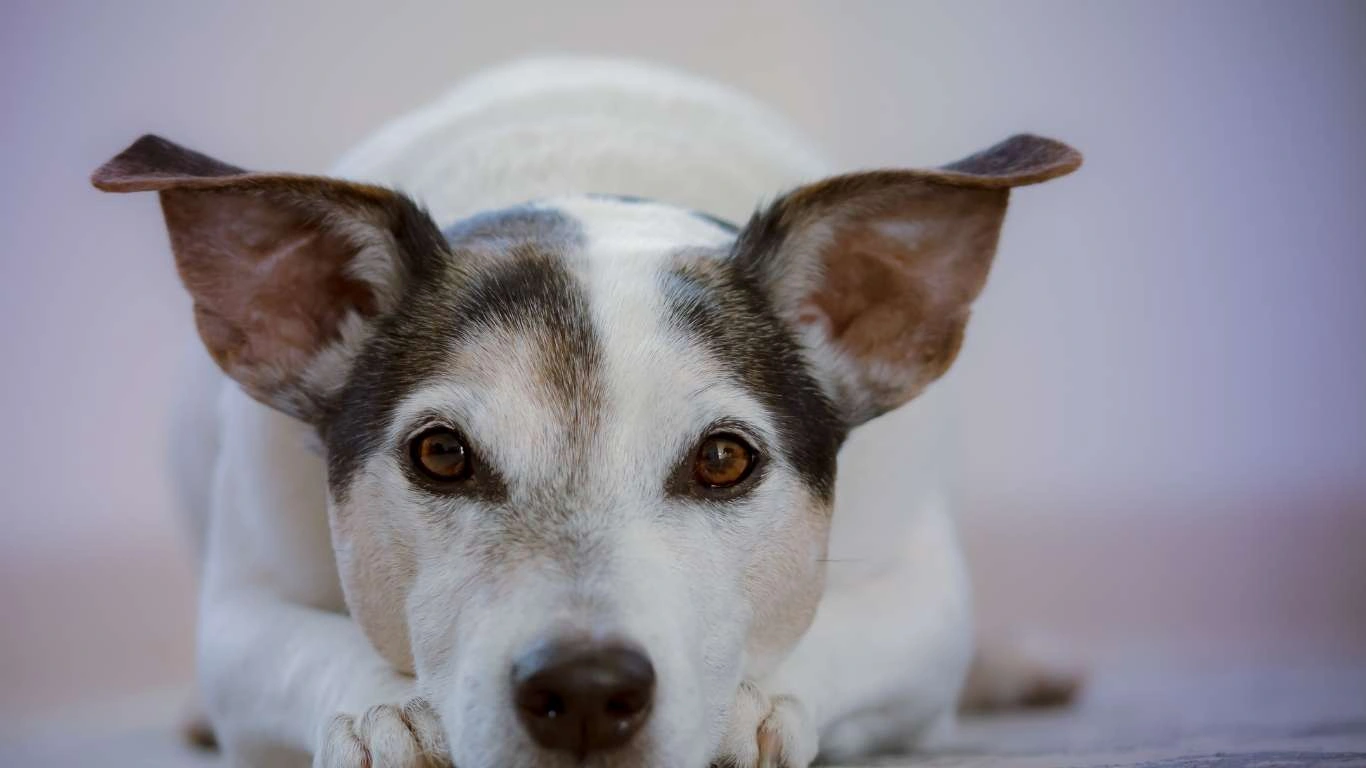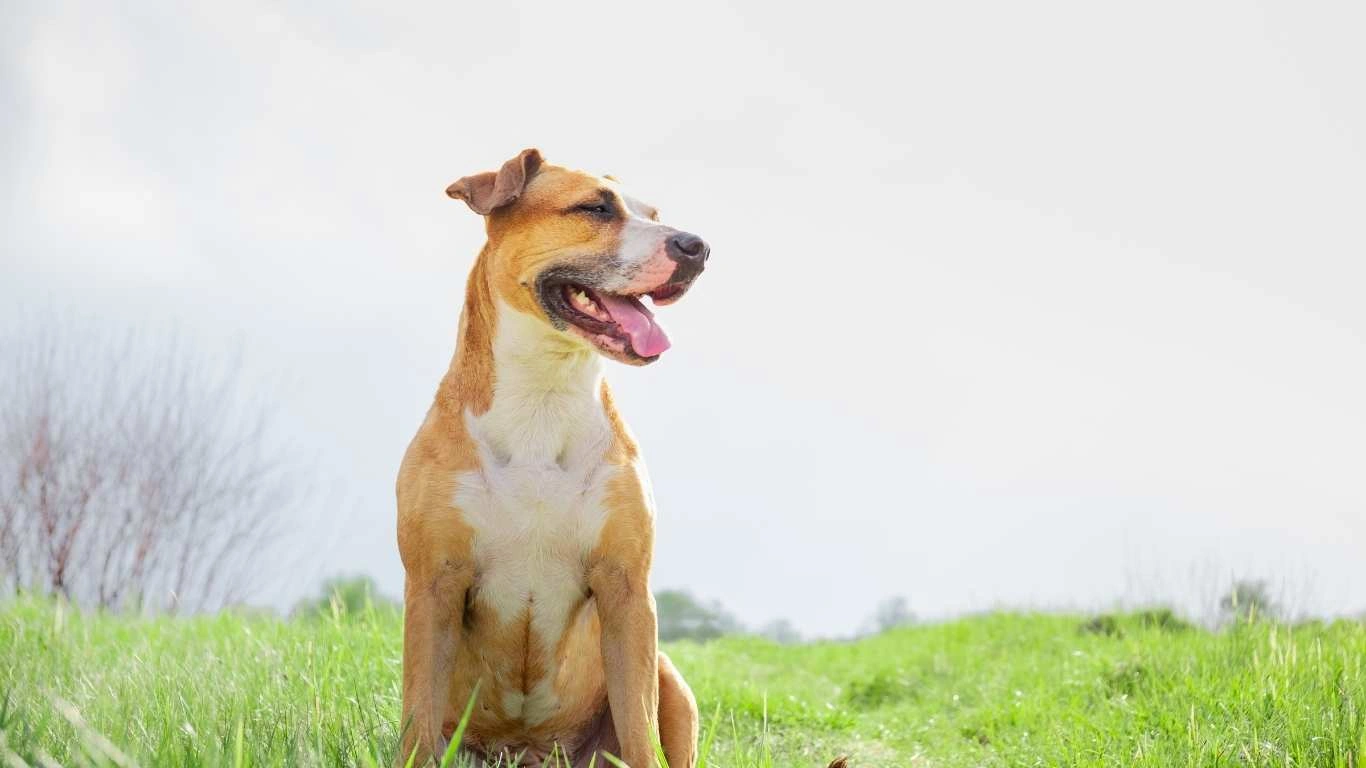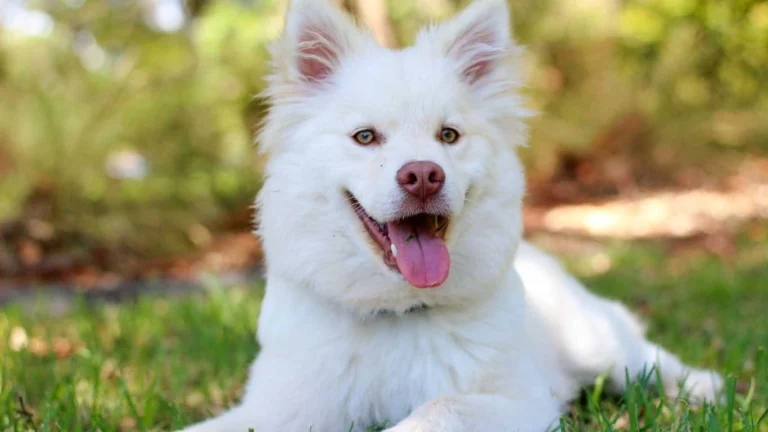Can Dogs Eat Carrots as Training Treats? A Healthy, Safe Option for Your Dog!
As an Animal Care Specialist, one of the most common questions I get asked by pet parents is, “Can dogs eat carrots as training treats?” It’s a fair question, especially when it comes to finding healthy, affordable, and effective treats for your dog during training sessions. Over the years, I’ve had the opportunity to observe how different types of treats affect dogs in terms of behavior, health, and even overall training progress. And let me tell you—carrots are more than just a safe choice for your dog; they can be a fantastic addition to your training routine!
Why Carrots Are a Great Option for Training Treats
When it comes to choosing the right treat for your dog, you want something that’s not only tasty but also nutritious and safe. Let’s face it, some commercial dog treats are packed with artificial flavors, preservatives, and fillers that aren’t the best for your dog’s health in the long run. That’s where carrots step in as a natural, healthy alternative. Here’s why they’re such a great option for training:
- Low Calorie, High Reward: Carrots are low in calories, so they’re perfect for keeping your dog motivated without worrying about them gaining weight, especially during frequent training sessions.
- Crunchy Texture: Dogs love crunchy textures, and carrots provide just that! They not only make for a satisfying snack but also contribute to dental health by helping to clean your dog’s teeth.
- Rich in Nutrients: Carrots are loaded with vitamins and minerals like vitamin A, potassium, and fiber. These nutrients support your dog’s immune system, vision, and digestive health.
- Simple and Natural: Unlike many store-bought dog treats, carrots come in their natural form with no additives or chemicals. You can feel good about offering them as a treat!

Understanding the Nutritional Benefits of Carrots for Dogs
As we dive deeper into whether dogs can eat carrots as training treats, it’s important to consider what’s actually in those crunchy orange veggies. Carrots pack a punch when it comes to vitamins and minerals that contribute to your dog’s health. Here’s a breakdown of the key nutrients found in carrots that are beneficial to dogs:
1. Vitamin A for Healthy Eyes
One of the main reasons why carrots are so good for dogs is because they are rich in vitamin A. This vitamin plays a critical role in maintaining good vision and overall eye health. It helps prevent conditions like night blindness and promotes healthy skin and coat. If you’re looking for a treat that supports your dog’s well-being in more ways than one, carrots are an excellent option.
2. Fiber for Digestion
Fiber is an essential nutrient for dogs, and carrots are a fantastic source. The fiber in carrots can aid in digestion by promoting healthy bowel movements and preventing constipation. Plus, if your dog tends to have a sensitive stomach or struggles with irregularity, the natural fiber in carrots can help keep things running smoothly.
3. Potassium for Muscle and Nerve Function
Potassium is another important nutrient found in carrots. It helps regulate muscle function, nerve transmission, and hydration balance in your dog’s body. This makes carrots not only a healthy treat for training but also a beneficial snack for dogs with an active lifestyle.

How to Safely Serve Carrots to Your Dog
Now that we know carrots are a great, nutrient-packed option for dog treats, you might be wondering: how can I safely serve them to my dog? It’s not as simple as just handing them a whole carrot and hoping for the best. Here’s how to make sure your dog enjoys their carrot snack in the safest way possible:
1. Cut Them Into Bite-Sized Pieces
While carrots are healthy, they’re also tough and crunchy. If you give your dog a whole carrot, they may struggle to chew it, which could pose a choking hazard, especially for smaller breeds. I recommend cutting the carrots into bite-sized pieces—small enough for your dog to chew safely but big enough to keep them engaged during training sessions.
2. Raw or Cooked Carrots?
Both raw and cooked carrots are safe for dogs, but there are some differences to consider. Raw carrots tend to have a firmer texture, which many dogs find enjoyable. Cooking them can make them softer and easier to digest, which can be especially helpful for senior dogs or dogs with dental issues. I personally recommend offering raw carrots as training treats, but feel free to experiment and see what works best for your dog!
3. Keep Moderation in Mind
As with anything, moderation is key. While carrots are healthy, they still contain natural sugars and fiber, so you don’t want to go overboard. Too many carrots at once might upset your dog’s stomach or cause diarrhea. It’s always best to start with a small amount, especially when introducing a new treat into your dog’s diet.

Can Carrots Be Used as a Primary Training Treat?
This is a question I get often, especially from owners who are looking for a healthier, more affordable option for regular training. While carrots can definitely be used as a primary training treat, there are a few things to keep in mind. Some dogs may find carrots a bit too low-value compared to other, more aromatic treats. If your dog is particularly food-driven, you might want to mix carrots with other high-value treats to keep them motivated. But for most dogs, carrots can absolutely serve as an excellent reward during training.
#LNF #LNF






